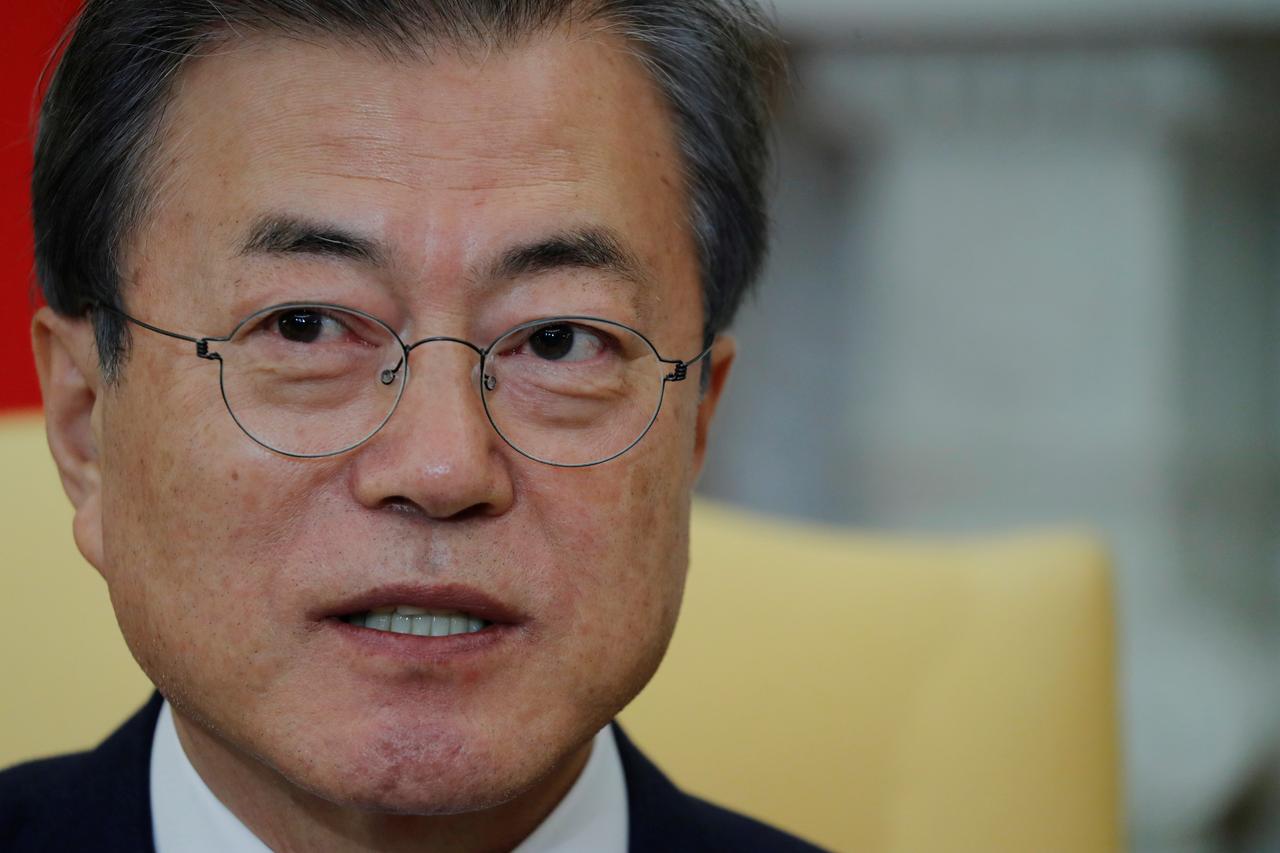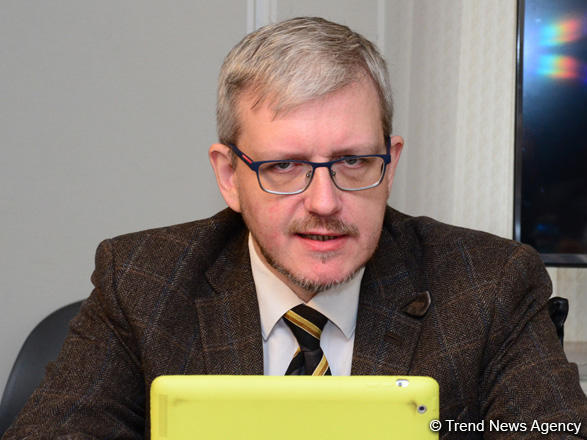ERR News (12 April 2019)
Director general of the Internal Security Service, Arnold Sinisalu, writes in his comments on the service's 2018 annual review that although attempts to influence Estonian society continue to be a threat, transparency and using the right language have so far made it possible to detect and neutralise threats sufficiently early on.
"Just as when countering cyber-attacks from Russia in 2007, private companies, NGOs and the free press have been able, in cooperation with national authorities, to expose attempts made on social media to distort information and influence the public through fake NGOs, spreading lies and inciting disagreement," Mr Sinisalu writes.
Five years after the illegal annexation of Crimea, the approach Russia has taken is "plain to anyone who wants to understand it," he adds: "Russia does with its neighbours whatever it can get away with."
In terms of how the Western countries, the EU and NATO respond to its actions, one should keep in mind that history knows no positive examples of making concessions to dictators and autocrats. Case in point: the Munich Agreement, or also the Molotov-Ribbentrop pact with its secret protocol that divided Europe and had disastrous consequences for Estonia.
The aftershocks of history, meanwhile, continue in Russia's present-day behaviour. "It is often thought that Kremlin propaganda is less of a threat in Estonia than it is elsewhere in Europe. I cannot entirely share this optimism," Mr Sinisalu adds. There is an "unpleasant and thought-provoking" aspect to the current situation, especially where last year's treason cases are concerned.
"Treason undermines and threatens both the rights and freedoms guaranteed by our Constitution and, indirectly, Estonia's independence itself. Traitors are never easy to catch," Mr Sinisalu writes.
According to the ISS' annual review, Estonia's security authorities since 2006 have apprehended, tried and convicted six individuals for treason, and another 12 were sentenced for committing crimes against the state by collaborating with Russian special services.
Editor: Dario Cavegn
No comments yet.
- SPAIN’S PM SÁNCHEZ SAYS BREXIT EXTENSION WAS ‘BEST POSSIBLE DEAL’ Europe - EU 12.04.2019
-
 SOUTH KOREA'S MOON TO SEEK INTER-KOREAN SUMMIT SOON TO FACILITATE NUCLEAR TALKS
Asia - Pacific
12.04.2019
SOUTH KOREA'S MOON TO SEEK INTER-KOREAN SUMMIT SOON TO FACILITATE NUCLEAR TALKS
Asia - Pacific
12.04.2019
- SPAIN CAMPAIGN TO SEE FAR RIGHT, SOCIALISTS FIGHT FOR VOTES Europe - EU 12.04.2019
-
 SIGNING OF CONVENTION ON STATUS OF CASPIAN SEA STRENGTHENS AZERBAIJAN’S POSITION IN REGION
Central Asia
12.04.2019
SIGNING OF CONVENTION ON STATUS OF CASPIAN SEA STRENGTHENS AZERBAIJAN’S POSITION IN REGION
Central Asia
12.04.2019
- IRAQ RECEIVES SIX MORE F-16S Iraq 12.04.2019
-
25.01.2016
THE ARMENIAN QUESTION - BASIC KNOWLEDGE AND DOCUMENTATION -
12.06.2024
THE TRUTH WILL OUT -
27.03.2023
RADİKAL ERMENİ UNSURLARCA GERÇEKLEŞTİRİLEN MEZALİMLER VE VANDALİZM -
17.03.2023
PATRIOTISM PERVERTED -
23.02.2023
MEN ARE LIKE THAT -
03.02.2023
BAKÜ-TİFLİS-CEYHAN BORU HATTININ YAŞANAN TARİHİ -
16.12.2022
INTERNATIONAL SCHOLARS ON THE EVENTS OF 1915 -
07.12.2022
FAKE PHOTOS AND THE ARMENIAN PROPAGANDA -
07.12.2022
ERMENİ PROPAGANDASI VE SAHTE RESİMLER -
01.01.2022
A Letter From Japan - Strategically Mum: The Silence of the Armenians -
01.01.2022
Japonya'dan Bir Mektup - Stratejik Suskunluk: Ermenilerin Sessizliği -
03.06.2020
Anastas Mikoyan: Confessions of an Armenian Bolshevik -
08.04.2020
Sovyet Sonrası Ukrayna’da Devlet, Toplum ve Siyaset - Değişen Dinamikler, Dönüşen Kimlikler -
12.06.2018
Ermeni Sorunuyla İlgili İngiliz Belgeleri (1912-1923) - British Documents on Armenian Question (1912-1923) -
02.12.2016
Turkish-Russian Academics: A Historical Study on the Caucasus -
01.07.2016
Gürcistan'daki Müslüman Topluluklar: Azınlık Hakları, Kimlik, Siyaset -
10.03.2016
Armenian Diaspora: Diaspora, State and the Imagination of the Republic of Armenia -
24.01.2016
ERMENİ SORUNU - TEMEL BİLGİ VE BELGELER (2. BASKI)
-
AVİM Conference Hall 24.01.2023
CONFERENCE TITLED “HUNGARY’S PERSPECTIVES ON THE TURKIC WORLD"









